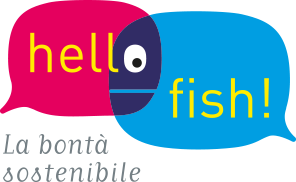It is very likely that humans learned to cultivate water even before they started cultivating the land.
In fact, aquaculture is an ancient art that was already widely practiced by the Egyptians, the Phoenicians, the Etruscans and the Romans. The first evidence of aquaculture is an Egyptian bas-relief dating back to 2500 BC, which shows a man intent on harvesting fish.
In the past, aquaculture represented a practical alternative to fishing, while modern aquaculture represents a real production requirement.
Through the practice of farming, aquaculture multiplies the available resources, in particular proteins of a high biological value, and it satisfies the global demand for fish, helping to keep the natural reserves unaltered.
Despite the high level of quality, only 10% of the farmed produce that we consume are farmed in the European Union. The quality of European produce deserves to be rewarded by our consumption choices.
European aquaculture is at the top, as a result of the quality of its produce.
European priorities with regard to this produce are: producing healthy food for consumers and protecting the environment and animal welfare.
Clean water and sanitary conditions are essential prerequisites for European fish farmers.
Thanks to the support of scientific research that has never stopped modernising and innovating the farming techniques and perfecting the yield and the quality of the production, European aquaculture is now managed in a sustainable and responsible way.
The farmers work responsibly and respectfully with regard to natural resources, helping to make aquaculture activities environmentally, socially and economically sustainable.
